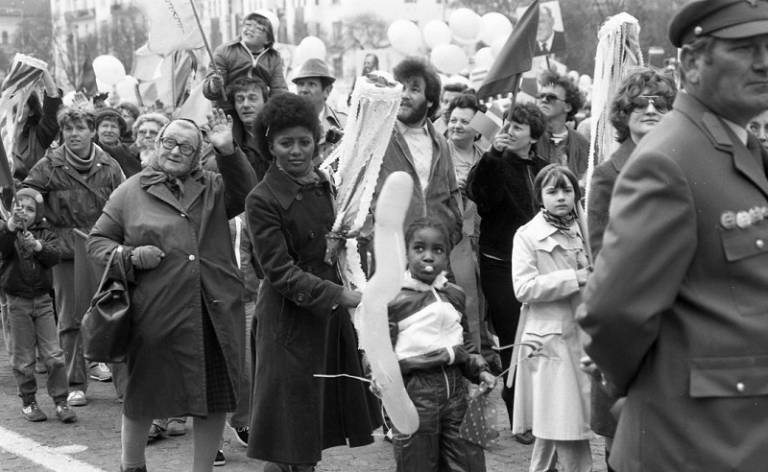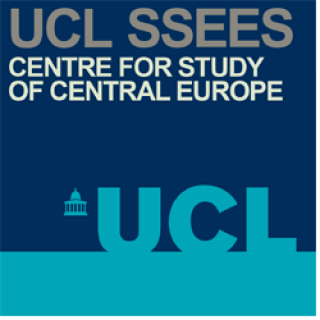Language – Contact – Migration: Panel Discussion on Linguistic and Cultural Proximity and Distancing
06 December 2017, 6:00 pm–8:00 pm

Event Information
Open to
- All
Availability
- Yes
Organiser
-
Centre for the Study of Central Europe
Location
-
UCL, Institute of Advanced Studies Common Ground (G11), Wilkins Building,Gower Street, London, WC1E 6BT.
The UCL Institute of Advanced Studies and the Centre for the Study of Central Europe at the UCL School of Slavonic and East European Studies are pleased to announce an evening of lectures and discussion exploring the ways in which contact through migration shapes languages, on the one hand, and, on the other, the ways in which language shapes migrants’ experience. A guest lecture and two discussion papers address the cultural, social, historical, and language-typological factors which influence the outcome of language contact. The role of individuals’ language competence and attitudes towards language in shaping their experience as migrants will be explored in cross-border, cross-continental, and global migration settings.
Contact varieties of Romance:
How sociohistorical and linguistic factors shape the outcome of contact situations
Guest lecture by Dr. Kim Schulte, Universitat Jaumi I de Castelló, Spain
This talk addresses the outcome of a migration-based contact situation involving three related languages, with particular attention to structural changes that may eventually lead to the emergence of one or more contact varieties.
The recent influx of Romanian speakers to Castellón de la Plana, a Spanish/Catalan bilingual town on the Spanish east coast, has led to a complex contact situation in which not just lexical elements but also structural features are borrowed between the languages involved. Interestingly, second-generation migrants, who have a native or near-native command of all three languages, combine Romanian, Spanish and (some) Catalan features in certain social contexts, thereby providing a pathway for the emergence of not just one, but two genuinely innovative contact varieties: Rumañol and Spamână: a variety of Spanish with certain Romanian features and a variety of Romanian with certain Spanish features, respectively.
To assess the role of social factors and linguistic similarity, the outcome of this contact situation is compared to colloquial Valencian, a variety of Catalan strongly influenced by Spanish, and Froteiriço, a Spanish/Portuguese contact variety spoken on the Brazilian-Uruguayan border.
Mobility or Migration?
Linguistic perspectives on speech and personality in English contact varieties of Hungarian
Brief discussion paper by Dr. Eszter Tarsoly, UCL School of Slavonic and East European Studies, and György Dávid (UCL) and Petra Urszuly (LSE) Master’s Students
This discussion paper looks at linguistic innovations in Hungarian used as part of the speech repertoire of students studying in UK higher education. Language data and results from a language-attitude questionnaire will be contrasted with features of, and beliefs about, Hungarian in contact with English in traditional migrant settings.
Shifting languages – shifting identities:
Towards a linguistic ethnography of Slovak migrants’ trajectories in the UK
Brief discussion paper by Lenka Kast, Research Student at the UCL School of Slavonic and East European Studies
This outline of a doctoral research project looks at the linguistic practices of Slovak migrants in the UK, focusing particularly on the ways in which their competence in the host language, English, and their attitudes towards the home language, Slovak, impinge on migrants’ sense of belonging and selfhood.
For further details contact Dr. Eszter Tarsoly at e.tarsoly@ucl.ac.uk



 Close
Close

